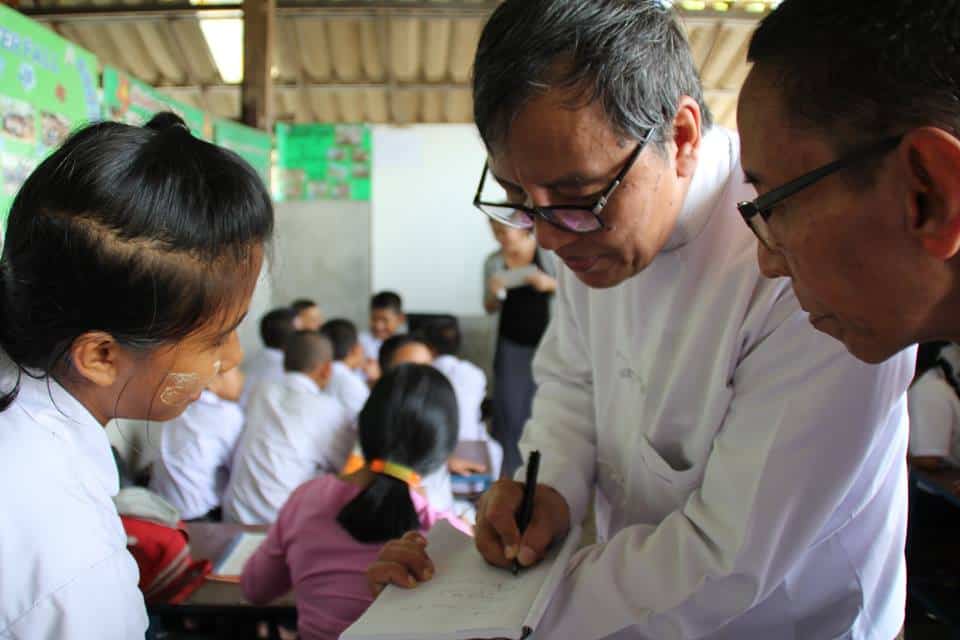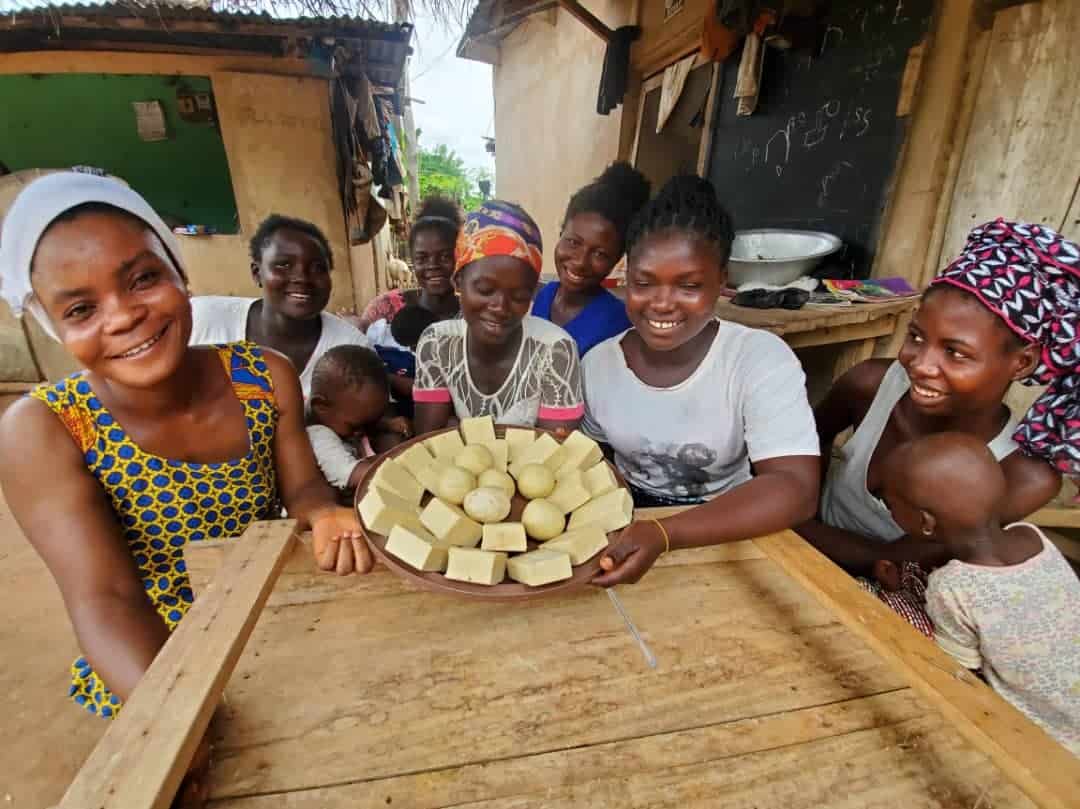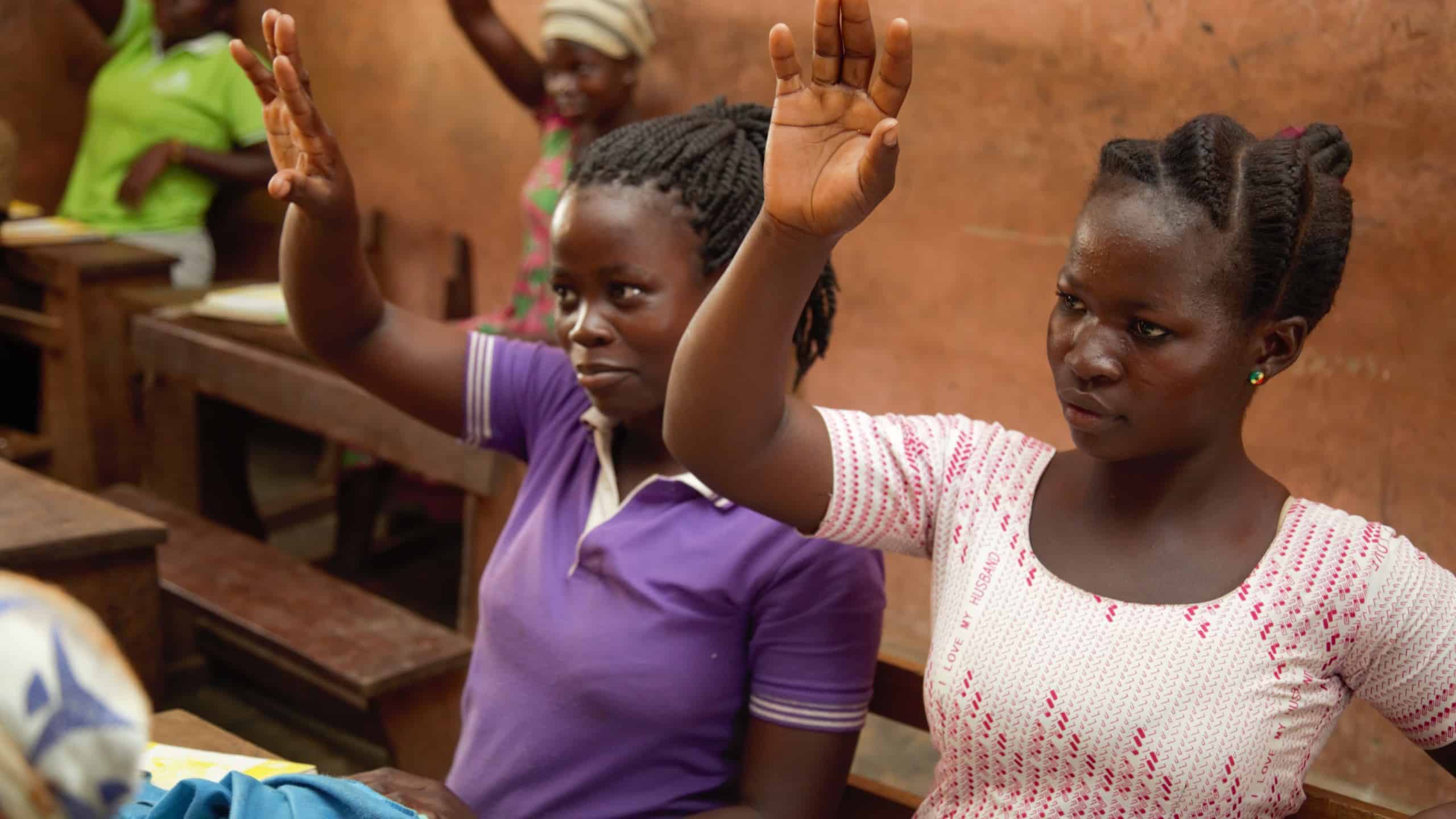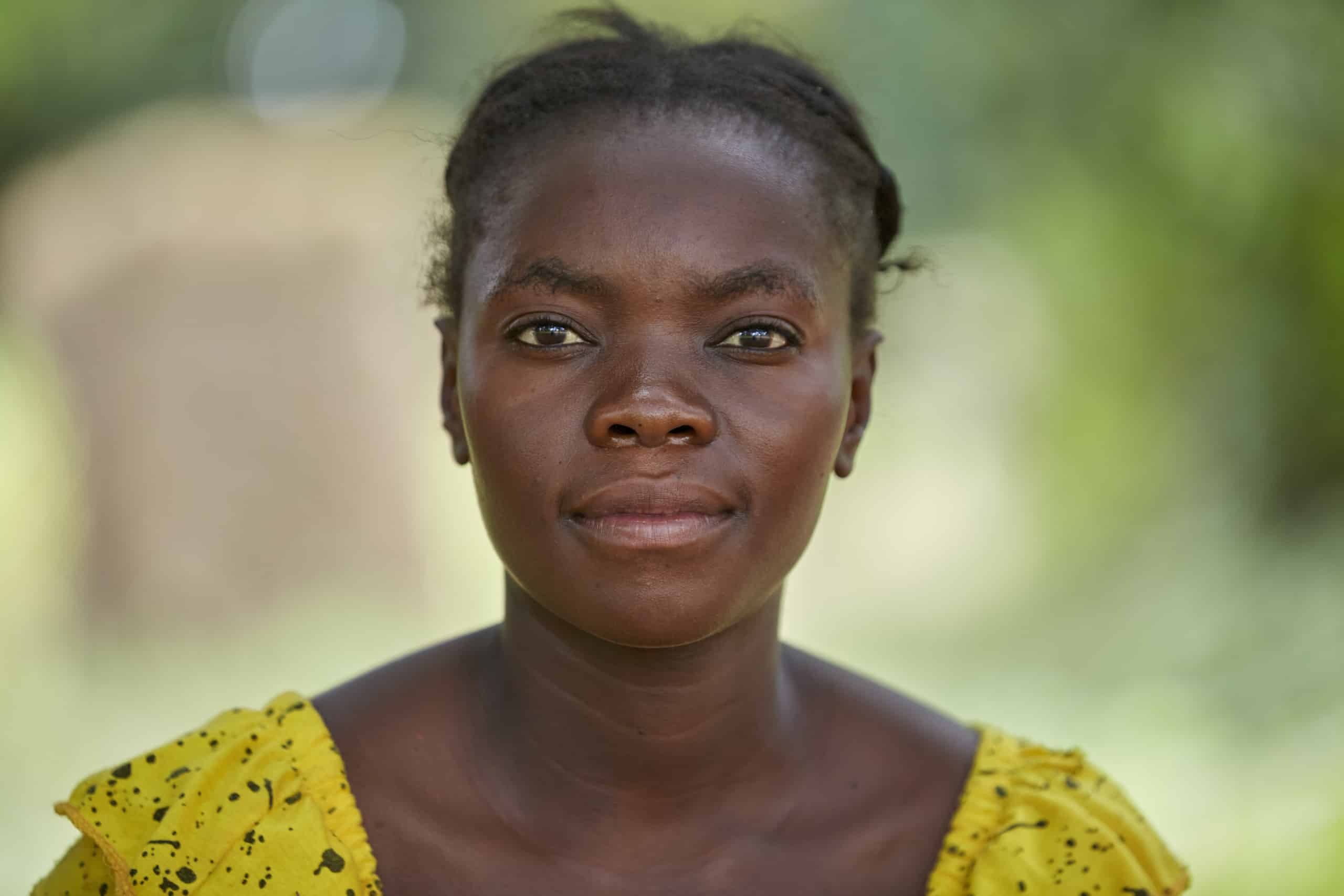Disadvantaged and vulnerable youth often lack access to formal education systems. They can benefit from alternative pathways to education and economic empowerment through non-formal education. Our non-formal education programs target a wide variety of groups with varied learning objectives.
We work closely with schools and communities to reach out-of-school children and youth with accelerated learning programs that enable them to catch up. Our community-based education programs range from basic literacy and numeracy to vocational training and income-generation activities.
We identify people who are marginalized through community mapping exercises and build structures to enroll and support them in learning. Our programs offer a range of levels and approaches to help younger children transition to formal schooling and to provide older children with vocational education. Through these programs, we have developed non-formal curricula, benchmarks, teaching and learning materials, training frameworks, and supplementary materials for adults, adolescents, and out-of-school children.
We develop culturally appropriate, gender-inclusive approaches to promote girls’ social and educational inclusion. We provide further support through a holistic package of mentoring, peer education, community-based coaching, and health and nutrition training.
Adults also often want to continue their learning. Since our founding in 1951, World Education has developed adult education programs that give people functional skills and knowledge to improve their livelihoods and participate in civic life.





